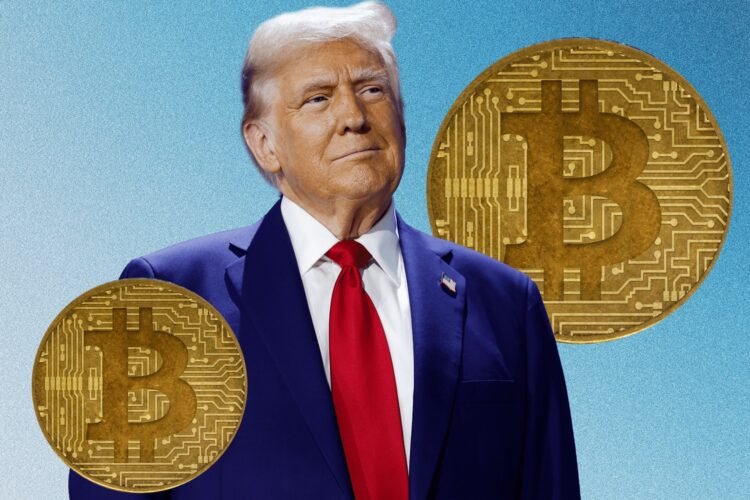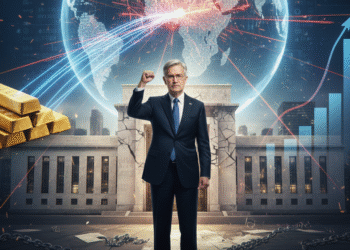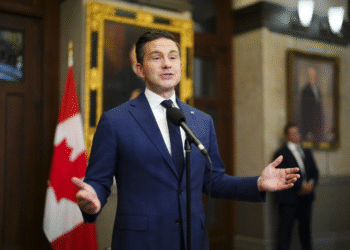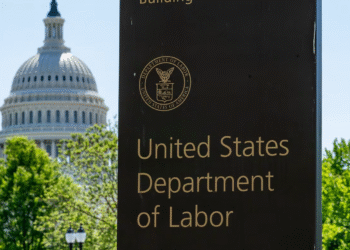Introduction
Donald Trump has taken two major actions:
- Issuing an executive order to establish strategic Bitcoin reserves
- Issuing an executive order for investment in artificial intelligence
According to this order, $500 billion will be invested in AI infrastructure. Trump, alongside executives from three major technology companies, announced that this project will be called “Stargate” and will be funded by private companies. He also stated that the initiative will create approximately 100,000 jobs.
Trump, known as the “Crypto President,” signed this order on January 23, 2025. One of the key supporters of this policy is Senator Cynthia Lummis, who has long advocated for strategic Bitcoin reserves. Trump appointed her as the head of a subcommittee focused on digital assets.
As president, Trump cannot directly order the purchase of Bitcoin. Instead, he will sign bills through Cynthia Lummis, allowing the Treasury Department to buy Bitcoin. The goal is to acquire one million Bitcoins over the next five years. Lummis emphasized: “I make decisions about digital currencies (Bitcoin).”
Additionally, a financial group dedicated to digital assets is being established in the U.S., aiming to oversee and manage cryptocurrency regulations. This group will be led by David Sacks, known as the “King of Crypto,” who, alongside Cynthia Lummis, will pursue major initiatives to expand digital assets.
SAB121 Regulation
One of the first actions taken by the Securities and Exchange Commission (SEC) under Trump’s administration was the repeal of accounting bulletin SAB121, which had required public companies to report their customers’ digital assets on their balance sheets.
This rule, enacted in 2022, was strongly opposed by the cryptocurrency industry as it made it harder for banks to offer digital asset services. With its repeal, banks and financial institutions can now hold cryptocurrencies for their clients without the previous restrictions.
Trump’s Meeting with El Salvador’s President & Crypto Policies
Trump plans to meet with Nayib Bukele, the President of El Salvador, who started accumulating Bitcoin as a strategic reserve in 2021 and has since profited significantly from it.
A significant shift in policy is the ban on promoting Central Bank Digital Currencies (CBDCs). This move favors the cryptocurrency market, as central banks previously sought to issue and promote their own digital tokens.
Before Trump took office, the U.S. Department of Justice was set to order the sale of seized Bitcoins. However, under his administration, this order has been revoked, and instead, the new goal is to purchase one million Bitcoins over the next five years.
Arizona has become the first U.S. state to approve a strategic Bitcoin reserve. The Arizona Senate Committee approved this bill on January 27, 2025.
Creation of a National Digital Asset Storage Facility
In addition to strategic Bitcoin reserves, Trump aims to establish a national digital asset storage facility. This repository is expected to hold not only Bitcoin but also other cryptocurrencies, serving as a centralized reserve for digital assets in the United States.
Conclusion
Trump’s actions—including appointing pro-crypto officials, ordering strategic Bitcoin reserves, and lifting regulatory restrictions—are expected to encourage institutions, investors, and businesses to invest in Bitcoin and AI-driven cryptocurrencies. These policies could have a significant impact on the crypto market, attracting new investments and reinforcing the role of digital assets in the global economy.

 English
English



























































